Prepare Yourself for Changes to Industry Standards
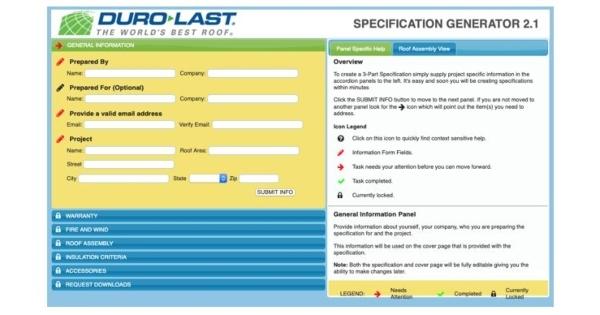
By: Ryan VanWert, Director of Engineering Services, Duro-Last.
As testing and product evaluation methods become more sophisticated, we are starting to see some big changes take effect in the industry.
If you haven’t heard already, the American Society of Civil Engineers’ ASCE 7-16, Minimum Design Loads and Associated Criteria for Buildings and Other Structures, has been published and adopted into the 2018 International Building Code. While ASCE 7-10 is the most commonly used version of this standard in the roofing industry today, contractors need to be aware and have a solid understanding of the changes as states and municipalities continue to adopt the 7-16 standard. As of April 2019, South Dakota, Wyoming, Utah, Puerto Rico, U.S. Virgin Islands, and the City of Chicago are some of the few areas that have already adopted the 2018 IBC.
ASCE 7-16 contains significant changes from ASCE 7-10 in the areas of seismic design, wind design, snow design, and more. Notably, the layouts of the roof zones have been modified to include a 1’ (one-prime) zone in the center of the roof. Additionally, pressures have been adjusted to reduce the design pressures in the center of the roof, and increase them in the perimeters and corners where the pressures are the greatest. The primary zone configuration as outlined by ASCE 7-16 is included below for reference.
These changes are going to take some time to get adjusted to, and there will be an increase in overall pressures applied to the roof that must be accounted for when planning out projects. The Duro-Last Engineering Services team is available to help work through wind calculations as needed. Additionally, ASCE offers a variety of live and on-demand webinars regarding the new 7-16 standard – you can access these resources at mylearning.asce.org.
Finally, don’t forget about the engineering services’ resources available on the Duro-Last website that are free to use when planning your next project. The Duro-Last Specification Generator creates custom three-part specifications that can be downloaded in generic or branded formats, and the Uplift Pressure and Fastening Pattern Generator helps determine the expected wind uplift pressures on a roof as well as the required fastening patterns. Both tools can be found under the “Technical” drop down on the Duro-Last website navigation.
Please note that the Uplift Pressure tool has notyet been updated to reflect the changes in ASCE 7-16, and requests for design assistance related to this standard need to be directed to the Duro-Last Engineering Services team.Additionally, it is the responsibility of the installing contractor to understand and comply with all applicable building codes and standards.
For more information or to contact Duro-Last Engineering Services visit www.duro-last.com.
Original article source: Duro-Last




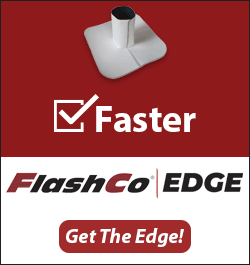



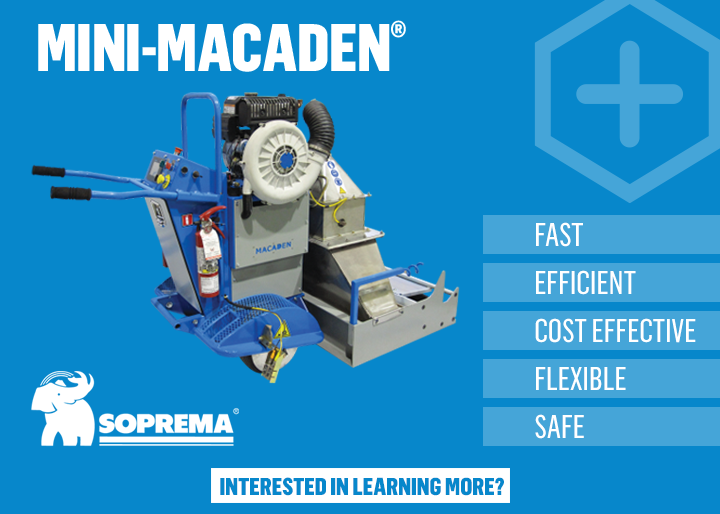
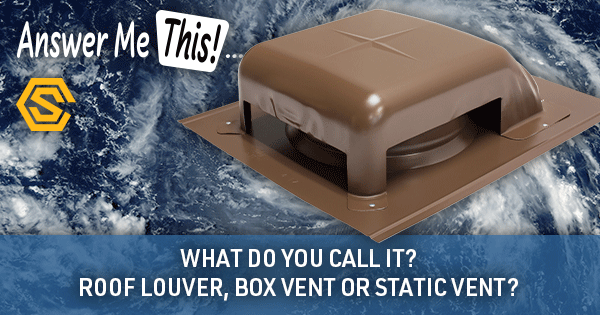


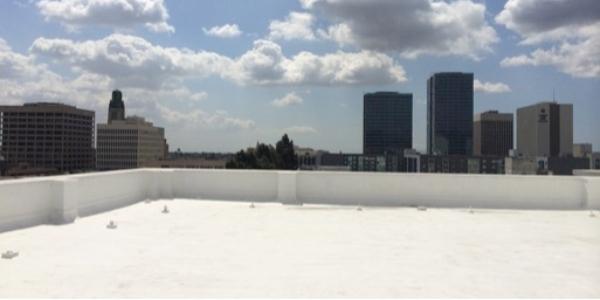
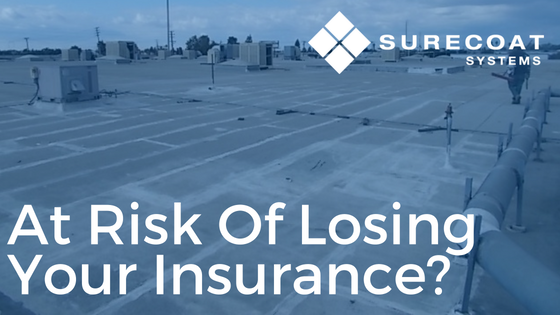



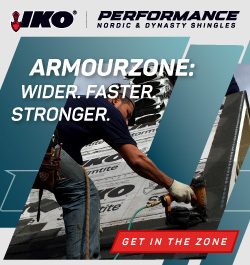
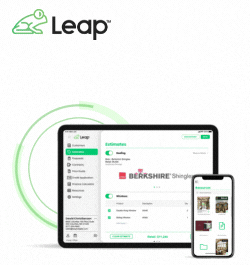
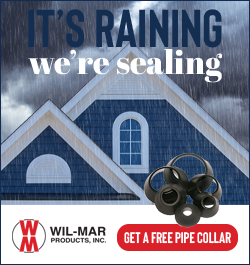
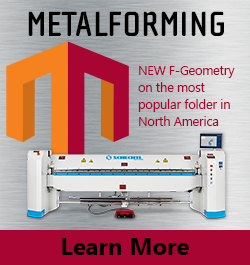
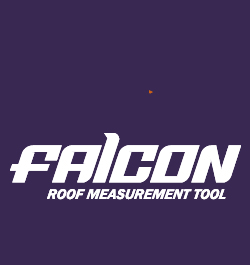
Comments
Leave a Reply
Have an account? Login to leave a comment!
Sign In